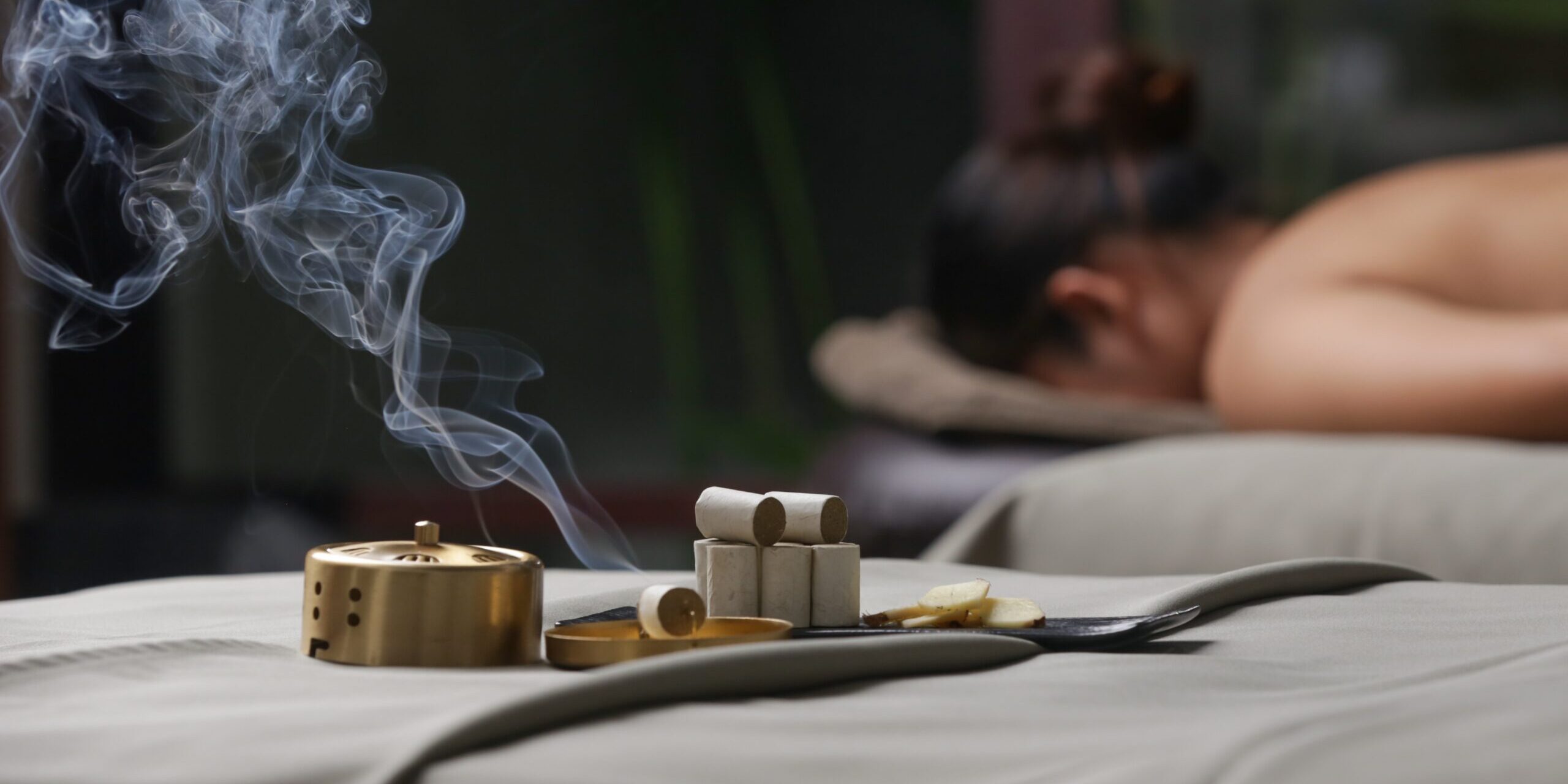What is Acupuncture?
Acupuncture is an ancient healing practice that originates from traditional Chinese medicine (TCM). It involves inserting thin needles into specific points on the body to stimulate and balance the flow of energy, or Qi (pronounced “chee”). This holistic approach aims to promote physical, emotional, and spiritual well-being by addressing the root causes of various health issues.
The Basics of Acupuncture
-
Qi and Meridians: According to TCM, Qi is the vital life force that flows through the body’s meridians, or energy pathways. When Qi is balanced and flows freely, the body is healthy. However, blockages or imbalances in Qi can lead to illness and discomfort.
-
Acupuncture Points: There are hundreds of acupuncture points located along the meridians. These points correspond to different organs and bodily functions. By stimulating these points, acupuncture aims to restore balance and harmony within the body.
-
Techniques: While the most common technique involves inserting needles, acupuncture may also include methods such as moxibustion (burning a herb called moxa near the skin), cupping (placing suction cups on the skin), and electroacupuncture (using small electrical currents on the needles).
Benefits of Acupuncture
-
Pain Relief: Acupuncture is widely recognized for its effectiveness in managing pain. It can help alleviate chronic pain conditions such as arthritis, migraines, and back pain.
-
Stress Reduction: By promoting relaxation and reducing stress hormones, acupuncture can help improve mental health and reduce anxiety and depression.
-
Improved Sleep: Many people find that acupuncture helps regulate sleep patterns, leading to better quality sleep and relief from insomnia.
-
Enhanced Immune Function: Acupuncture can boost the immune system, making the body more resilient to illnesses and infections.
-
Digestive Health: It can help regulate digestion, reduce symptoms of irritable bowel syndrome (IBS), and improve overall gut health.
-
Holistic Healing: Acupuncture addresses the whole person, not just specific symptoms, promoting overall well-being and balance.
What to Expect During a Session
-
Initial Consultation: The practitioner will discuss your health history, current symptoms, and any specific concerns. This helps them develop a personalized treatment plan.
-
Treatment: You will lie comfortably on a treatment table while the practitioner inserts needles into specific acupuncture points. The needles are very thin and typically cause little to no discomfort.
-
Relaxation: Many people find acupuncture sessions deeply relaxing. You may feel a sense of calm and well-being during and after the treatment.
-
Frequency and Duration: The number of sessions needed varies depending on the condition being treated. Some people experience relief after a few sessions, while others may require ongoing treatment.
Why Try Acupuncture?
Acupuncture offers a natural and holistic approach to health care that can complement conventional medical treatments. Whether you’re seeking relief from pain, reducing stress, or enhancing your overall well-being, acupuncture provides a safe and effective option. It has been practiced for thousands of years and continues to be a valuable tool for promoting health and harmony in the body.


